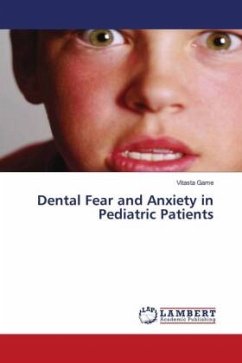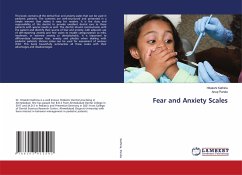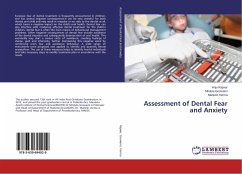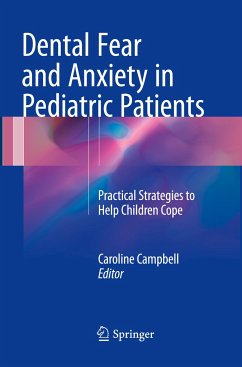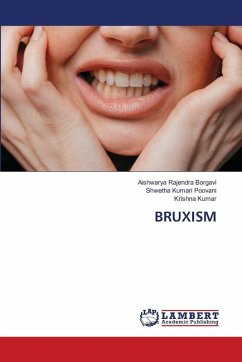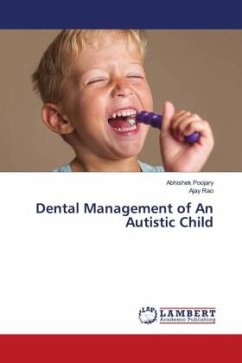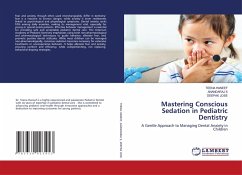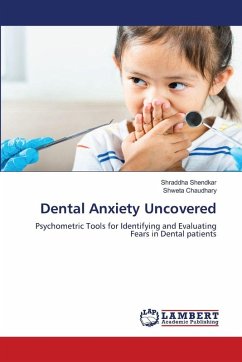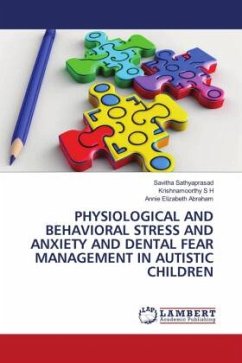
PHYSIOLOGICAL AND BEHAVIORAL STRESS AND ANXIETY AND DENTAL FEAR MANAGEMENT IN AUTISTIC CHILDREN
Versandkostenfrei!
Versandfertig in 6-10 Tagen
45,99 €
inkl. MwSt.

PAYBACK Punkte
23 °P sammeln!
Autistic children may experience physiological and behavioral changes that can contribute to dental fear and anxiety. These changes can make dental visits challenging for both the child and the dental professionals. However, with proper understanding and management techniques, it is possible to create a more positive dental experience for autistic children. Here are some considerations and strategies for managing dental fear and anxiety in autistic children:Sensory sensitivities: Autistic children often have heightened sensory sensitivities, which can be triggered during dental visits. Bright ...
Autistic children may experience physiological and behavioral changes that can contribute to dental fear and anxiety. These changes can make dental visits challenging for both the child and the dental professionals. However, with proper understanding and management techniques, it is possible to create a more positive dental experience for autistic children. Here are some considerations and strategies for managing dental fear and anxiety in autistic children:Sensory sensitivities: Autistic children often have heightened sensory sensitivities, which can be triggered during dental visits. Bright lights, loud noises, strong smells, and unfamiliar sensations can cause distress. To manage this, dental professionals can create a sensory-friendly environment by dimming lights, reducing noise levels, and using non-irritating dental materials.Communication and social interaction difficulties: Autistic children may struggle with communication and social interaction, making it challenging toexpress their fears or understand instructions. Dental professionals should use clear and concise language, visual aids, and social stories to explain dental procedures.




